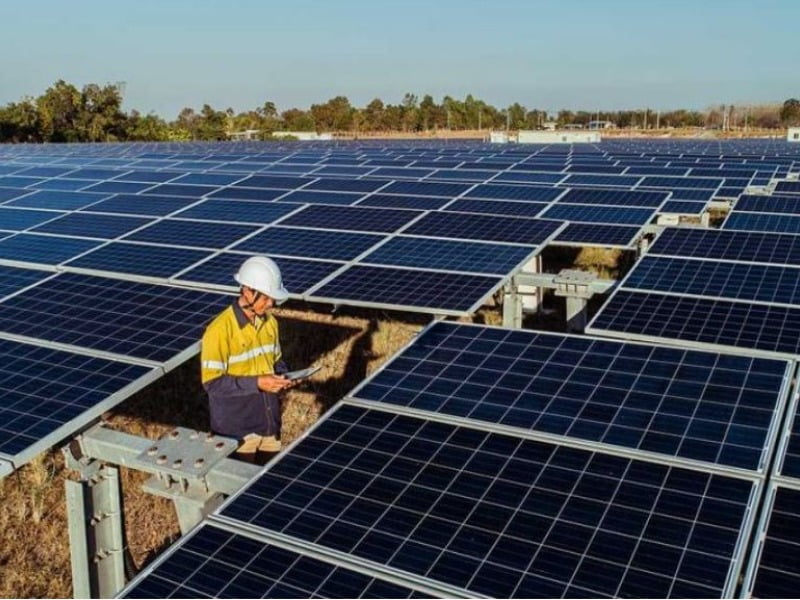Recycling and clean energy projects are now eligible for grants from the government’s $1.3 billion manufacturing fund, with a 10-year roadmap for the sector also released.
The addition of recycling and clean energy projects – the last of six ‘priority areas’ eligible under the government scheme – marks an end to the effective reannouncement of the Modern Manufacturing Initiative (MMI) each week with the addition of each sector and their roadmap.
The MMI is the key plank of the Government’s wider Modern Manufacturing Strategy announced in last years budget to position Australia as a globally recognised, high-quality and sustainable manufacturing nation.

Recycling and clean energy manufacturing projects can now apply for dollar-for-dollar co-investment from the government with grants ranging from $1 million to $2 million.
Grants are initially limited to MMI’s translation and Integration streams, with expressions of interest for the larger Collaboration stream to open soon.
“Turning our waste into valuable products, and expanding our clean energy options are priorities for the Morrison Government – because it’s good for the environment, it’s good for our economy and it’s good for jobs,” new Minister for Industry, Science and Technology Christian Porter said in a statement.
Grants will be guided by a new recycling and clean energy road map, which sets a 10-year plan to establish Australian manufacturers as “leading providers of solutions to help Australia and the world transition to more sustainable energy and material systems”.
Other 10-year goals include a strong preference for the use of recycled materials within the sector, Australia becoming a leading global manufacturer of clean energy hardware, and more international investment in low-carbon, energy-intensive manufacturing.
However, the latest roadmap – a 27 page report – contains no quantitative targets or clear assessment of the current industry because “quantitative data to track and describe the sector is still under development”.
Instead, the strategy’s success will be benchmarked against the number of new jobs created, increased profitability, growth in exports and new products, investment in the sector, adoption of manufacturing processes, economic output, and wastage.
The areas will be monitored over two, five and ten year periods “dependent on data availability”.
The Coalition government’s support for the manufacturing sector has been eclipsed by a $15 billion national reconstruction fund promised by Labor should it win the next election.
Do you know more? Contact James Riley via Email.

